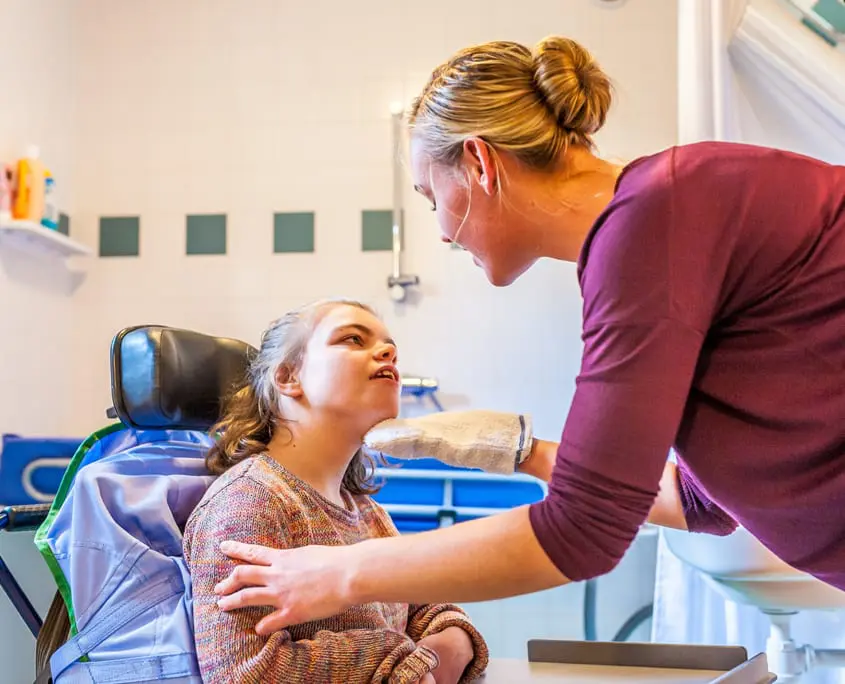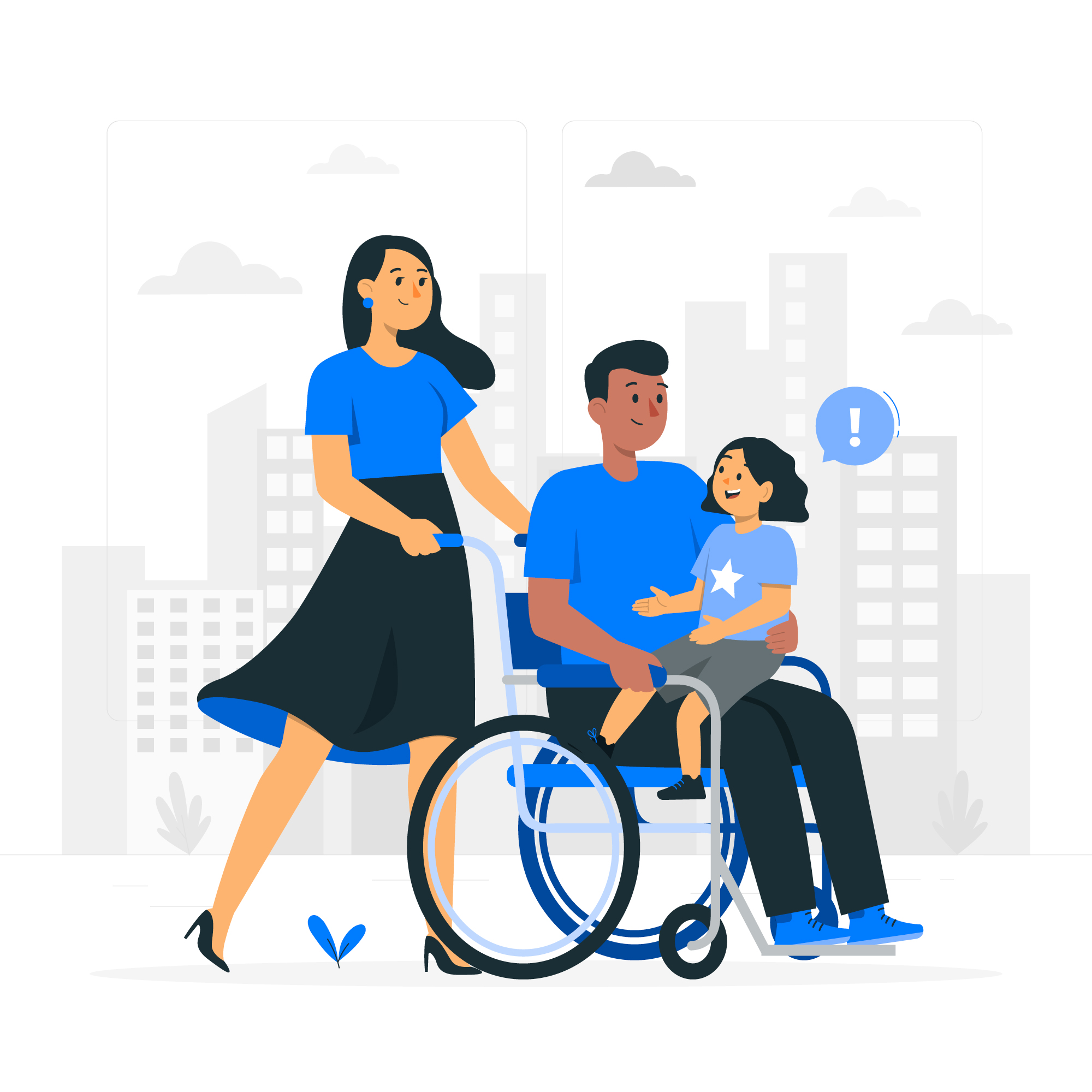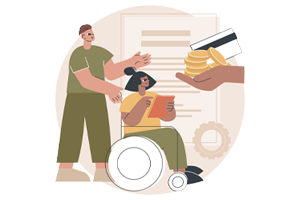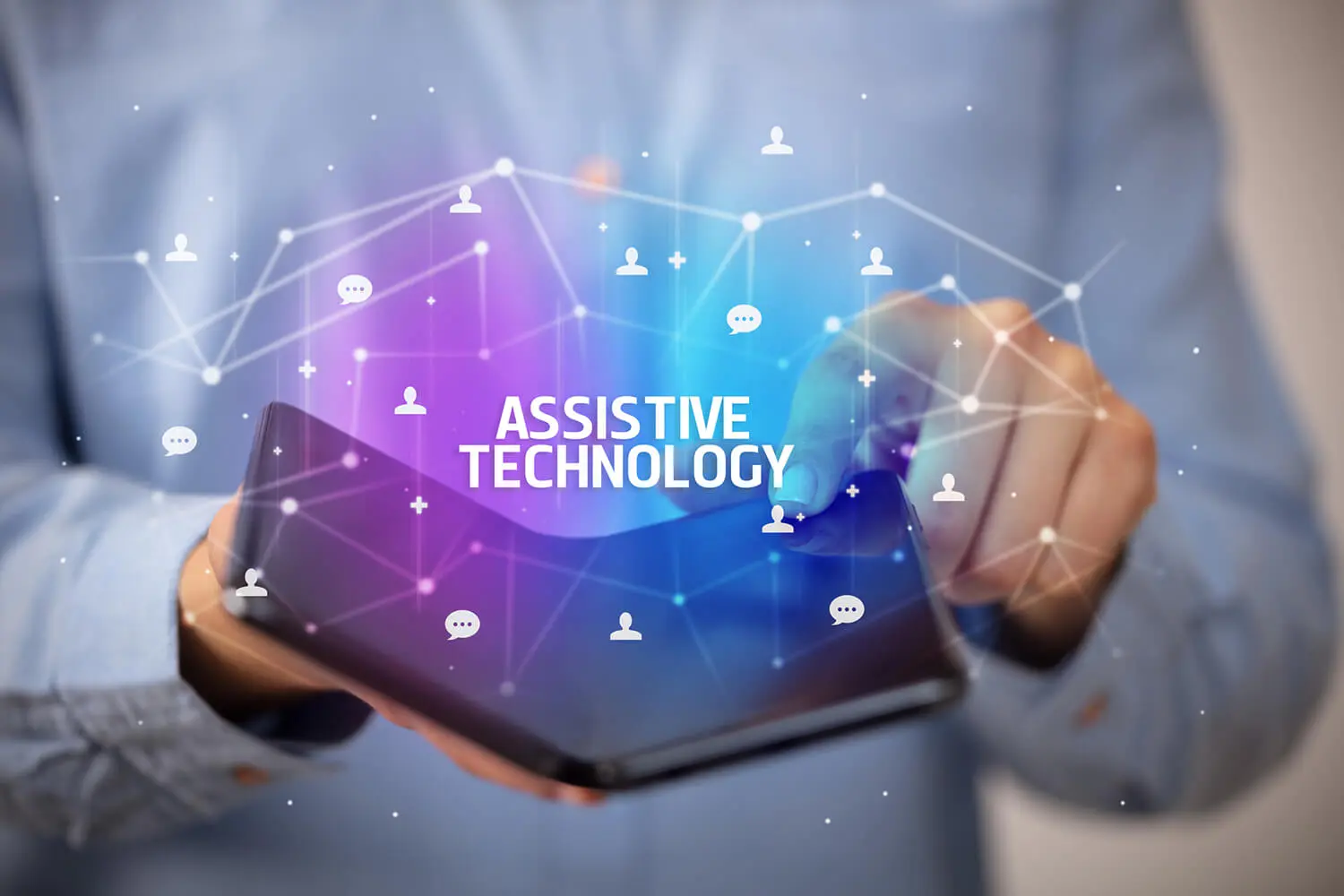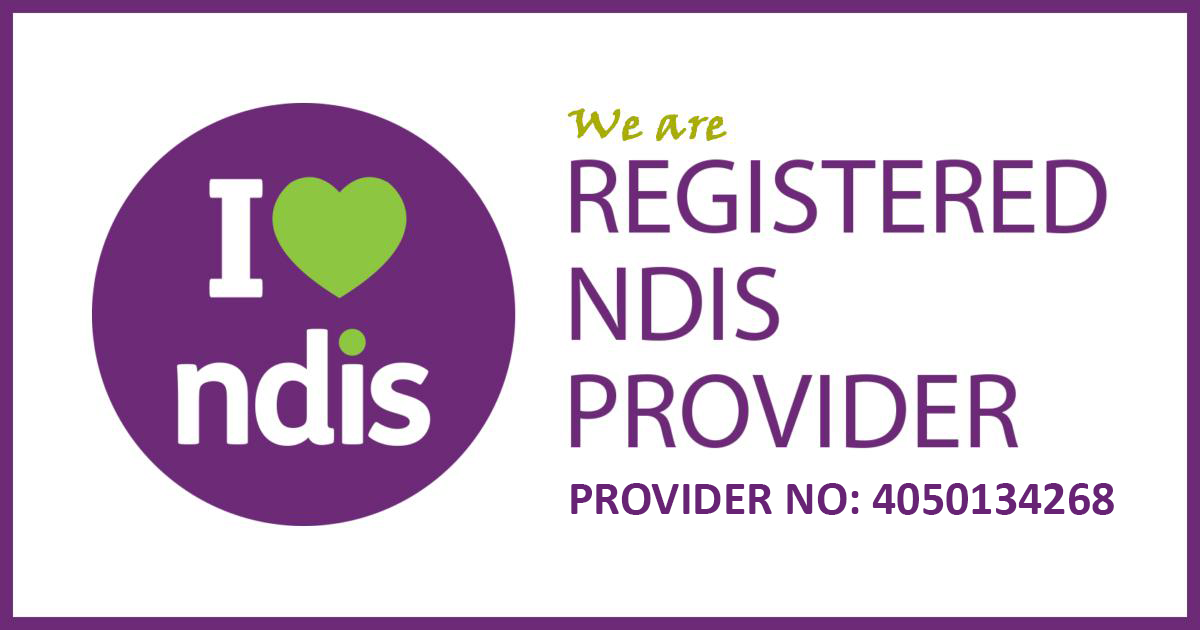Introduction: Person-centered disability care is a holistic approach that recognizes the unique needs, preferences, and aspirations of individuals with disabilities. It shifts the focus from a standardized approach to care and instead emphasizes tailoring care plans to meet the specific requirements of each person. This article aims to explore the significance of person-centered disability care and its benefits for individuals with disabilities.
Person-centered disability care places the individual at the center of decision-making, involving them in the planning, implementation, and evaluation of their care. By acknowledging their autonomy and respecting their choices, this approach promotes dignity, empowerment, and independence. It takes into account not only the physical needs of the person but also their emotional, social, and psychological well-being.
One of the key benefits of person-centered disability care is that it ensures that individuals receive the right support at the right time. By understanding their unique needs and preferences, care providers can develop personalized care plans that address specific challenges and goals. This approach promotes a sense of ownership and control over one’s own care, enhancing overall satisfaction and well-being.
Person-centered disability care also fosters better communication and collaboration between care providers, individuals with disabilities, and their families. It encourages open dialogue, active listening, and mutual respect, leading to a more trusting and effective care partnership.
Moreover, this approach recognizes that each individual has their own strengths, abilities, and aspirations. By focusing on their abilities rather than their disabilities, person-centered care promotes the development of skills, independence, and social inclusion. It encourages individuals to actively participate in their communities, pursue meaningful relationships, and engage in activities that bring them joy and fulfillment.
Conclusion: In conclusion, person-centered disability care is vital for ensuring that individuals with disabilities receive care that is tailored to their unique needs, preferences, and aspirations. By shifting the focus from a standardized approach to a personalized one, this approach promotes autonomy, dignity, and independence. It fosters effective communication, collaboration, and trust between care providers, individuals with disabilities, and their families. Ultimately, person-centered disability care enables individuals to lead fulfilling lives and actively participate in their communities.

